Guinea-Bissau is a republic with politics taking place in the context of semi-presidential representative democracy. While the president is the head of state, the government is headed by the prime minister. The executive power is vested in the government while the legislative power is exercised by both the government and the parliament known as the National People’s Assembly. Guinea-Bissau also has a malty-party system. Despite the country being a democratic state, the military continues to exercise powers and interfere with civilian leadership with no single president serving a full five-year term since 1974.
Elections in Guinea-Bissau takes place every five years. The president is elected in a two-round election system while the legislatures are elected directly from 27 constituencies. Two members of the national assembly are elected to represent the citizens living in Africa and Europe. For one to vote in any election, they must be at least 18 years old and also a citizen of Guinea-Bissau. On top of being a citizen, a candidate must be at least 21 years old.
The legislative body of Guinea-Bissau, known as the National People’s Assembly, comprises of 102 members; 100 elected through party-list proportional representation and 2 seats for the citizens living abroad. The parliament building, known as the “Palácio Colinas do Boé,” is located in Bissau and was constructed from 2003 to 2004. Its construction was funded by the Chinese government. The Presidential Palace, which is the official residence of the president, is also located in the Capital Bissau. The old palace, which was ruined during the Civil War in 1998-1999, was replaced by a new palace. The construction of the new presidential palace was also funded by the Chinese government and was opened in 2013.
Guinea-Bissau has a multi-party system where coalition governments are formed. Parties include the Social Renewal Party and the United Social Democratic Party.
This page was last modified on May 1st, 2018
More on Graphicmaps
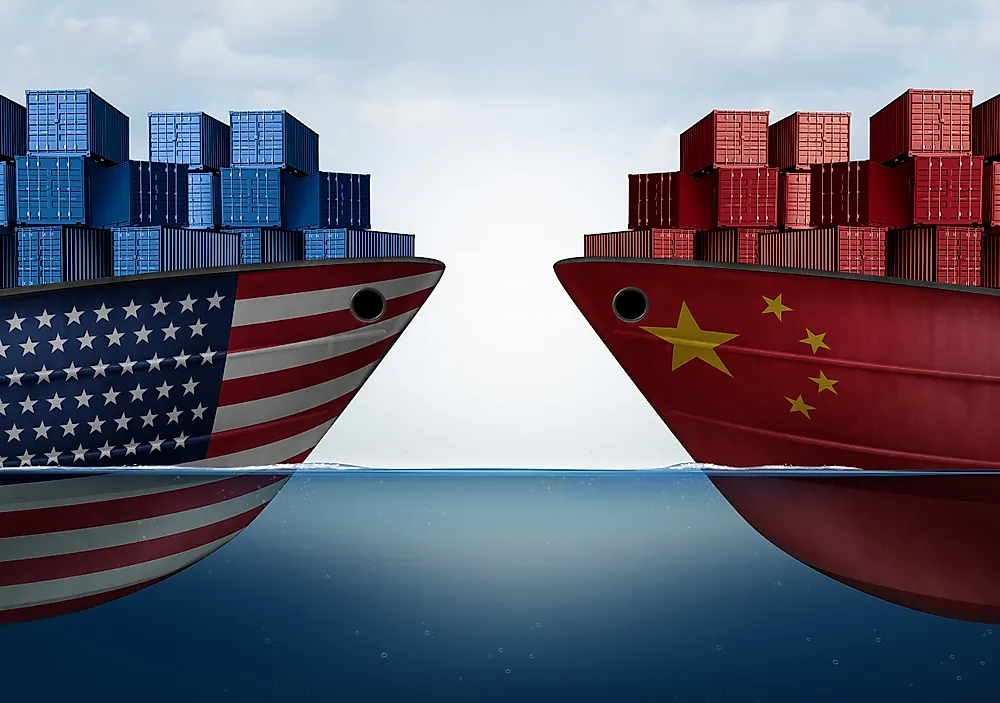
Published on 2019-11-06
What is a Trade Embargo?
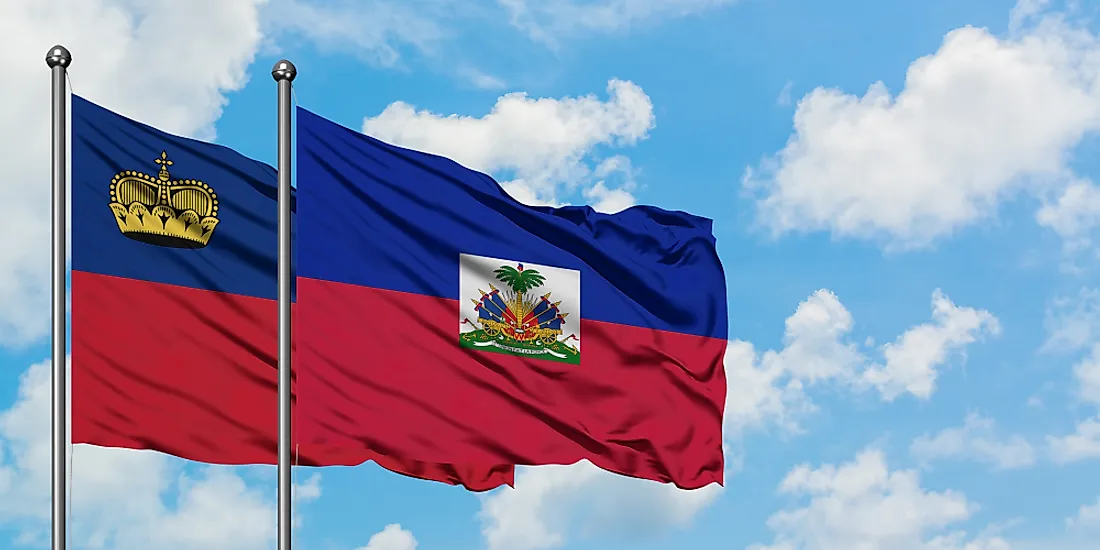
Published on 2019-11-04
Which Two Countries Used to Have the Same Flag?

Published on 2019-09-16
What Is the Only Two-Sided State Flag?
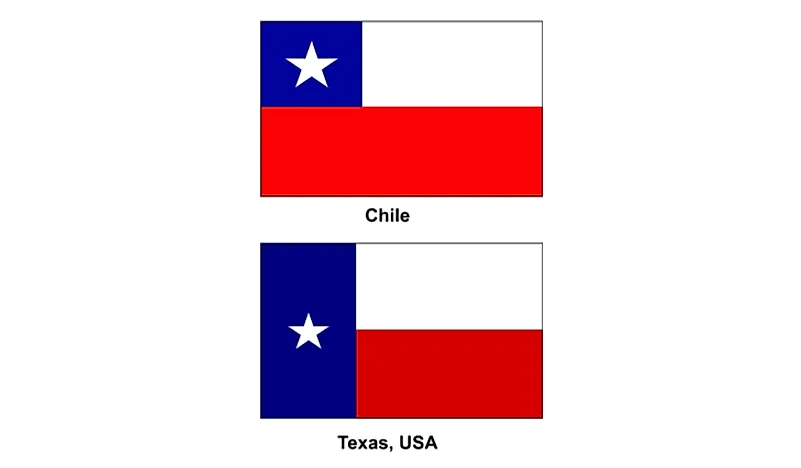
Published on 2019-09-16
Which Country Flag Looks Like the Texas Flag?
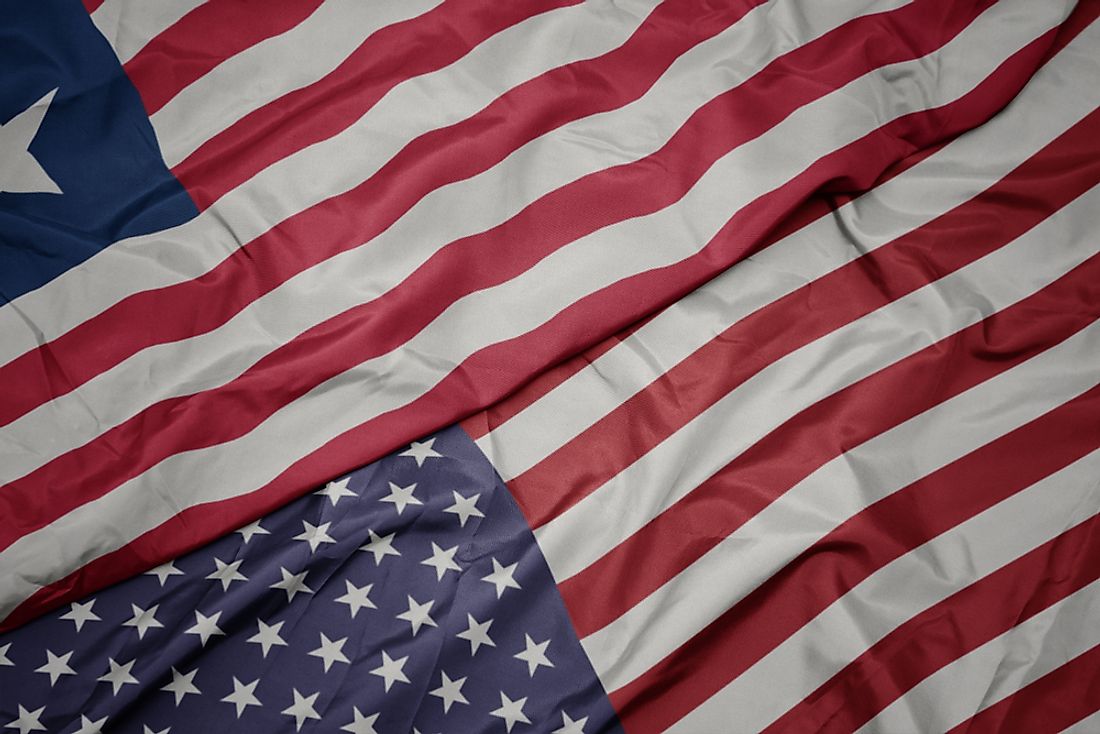
Published on 2019-08-29
Flags That Resemble the US Flag
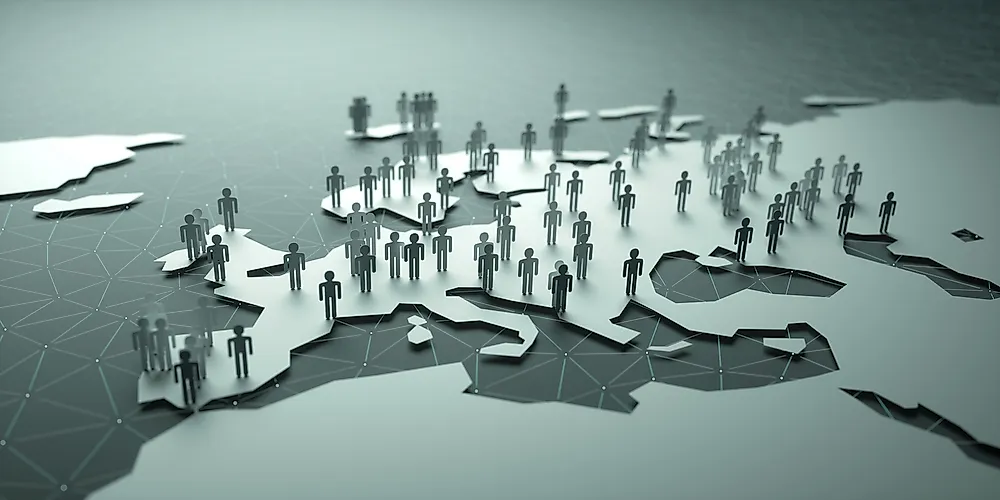
Published on 2019-08-20
